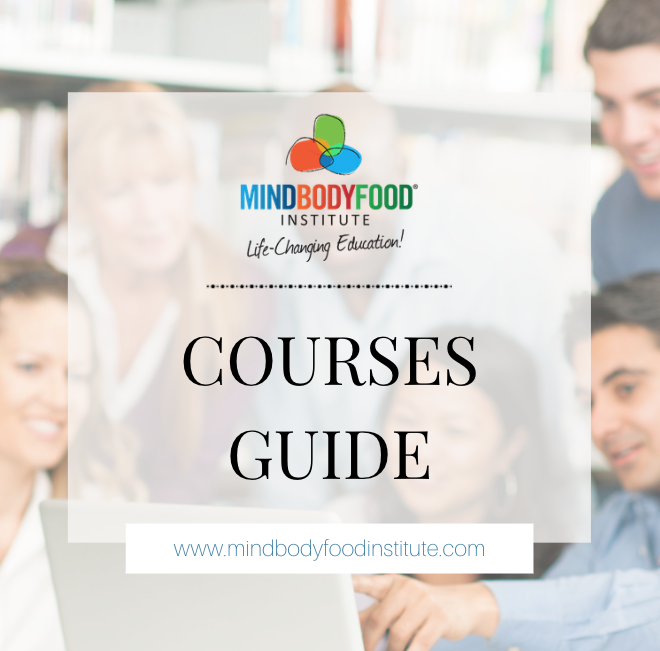Candace Pert was a pharmacologist and neuroscientist who made ground-breaking discoveries about the communication between the mind and body. In the 1970s and 1980s, she discovered the existence of neuropeptides, which are small proteins that act as chemical messengers in the body. She also discovered their receptors, which are specialized proteins located on the surface of cells that recognize and respond to neuropeptides.
Pert’s discovery was significant because it challenged the traditional view that the mind and body are separate entities. Instead, her research showed that there is a complex interplay between the two, with neuropeptides acting as the link.
These neuropeptides and their receptors are found not only in the brain, but throughout the body, including in the immune system and the gut.
Pert’s work paved the way for a new field of medicine known as mind-body medicine, which focuses on the connection between mental and physical health.
Psychoneuroimmunology (PNI) is a field of study that explores the connection between the mind, nervous system, and immune system. PNI researchers investigate how psychological factors such as stress, emotions, and social support can affect the body’s immune response to illness and disease.
Known as the “mother of Psychoneuroimmunology”, Pert’s discovery played a significant role in the development of PNI and understanding the mind-body connection. By studying the interactions between neuropeptides and immune cells, researchers in PNI have gained new insights into how the mind and body work together to maintain health and respond to illness.
For example, chronic stress can weaken the immune system and increase the risk of illness and disease. On the other hand, positive emotions and social support can enhance immune function and promote overall health and well-being.
Pert’s discovery of neuropeptides and their receptors has had a profound impact on our understanding of the mind-body connection and has opened new avenues for treating and preventing illness through a holistic approach to health, and self-directed healing.
We teach this knowledge to our Mind-Body Practitioner students so they can educate and support their clients to apply mind-body tools and practices into their daily life.
Here are 6 helpful tips to unlock your mind-body connection and help reduce stress, ease physical health, and increase your mental wellbeing:
1. Practice mindfulness: Mindfulness is the practice of being present and fully engaged in the moment. It can help reduce stress and promote mental wellbeing. You can practice mindfulness through activities like meditation, yoga, or even just taking a few deep breaths throughout the day.
2. Get enough sleep: Sleep is critical for physical and mental health, and chronic sleep deprivation can lead to a variety of health issues. Aim for 7-9 hours of sleep per night and try to establish a consistent sleep schedule.
3. Move your body: Exercise is a powerful tool for reducing stress, improving mood, and promoting physical health. Find activities that you enjoy and that feel good for your body, whether that’s dancing, hiking, swimming, or something else entirely.
4. Eat a balanced diet: A healthy diet can help fuel your body and mind and support overall health. Aim to eat a balanced diet that includes plenty of fruits, vegetables, whole grains, lean protein, and healthy fats.
5. Cultivate social support: Social support is important for mental and physical health. Cultivate relationships with people who make you feel good and who you can turn to for support when you need it.
6. Engage in self-care: Self-care is any activity that you do to take care of yourself, whether that’s taking a bath, reading a book, or going for a walk. Prioritize self-care activities that help you feel relaxed and rejuvenated.
By incorporating these tips into your life, you can support your physical and mental health and harness the power of the mind-body connection to feel your best.
References:
- Segerstrom, S. C., & Miller, G. E. (2004). Psychological stress and the human immune system: a meta-analytic study of 30 years of inquiry. Psychological bulletin, 130(4), 601.
- Dantzer, R., & Kelley, K. W. (2007). Twenty years of research on cytokine-induced sickness behavior. Brain, behavior, and immunity, 21(2), 153-160.
- Kabat-Zinn, J. (1990). Full catastrophe living: Using the wisdom of your body and mind to face stress, pain, and illness. Random House.
- National Sleep Foundation. (2022). How Much Sleep Do We Really Need? https://www.sleepfoundation.org/how-sleep-works/how-much-sleep-do-we-really-need
- Harvard Health Publishing. (2020). Exercising to relax. https://www.health.harvard.edu/staying-healthy/exercising-to-relax
- Harvard Health Publishing. (2021). Diet and depression: What you eat can impact your mood. https://www.health.harvard.edu/blog/diet-and-depression-what-you-eat-can-impact-your-mood-2020081017850
- Uchino, B. N. (2009). Understanding the links between social support and physical health: A lifespan perspective with emphasis on the separability of perceived and received support. Perspectives on psychological science, 4(3), 236-255.
- Harvard Health Publishing. (2021). The importance of self-care. https://www.health.harvard.edu/blog/the-importance-of-self-care-2021020821900
Featured image by Emma Simpson on Unsplash.
Author:
Viki Thondley
Viki Thondley-Moore is an Integrative Holistic Counsellor, Brain-Based Coach, Clinical Hypnotherapist, Mind-Body Somatic Practitioner, Wellness Coach, Meditation Teacher, Educator and Disordered Eating Specialist. Viki is founder of MindBodyFood and Founder/Director of the MindBodyFood Institute.
DOWNLOAD OUR COURSES GUIDE
Learn More About Our Course Offerings and Discover Which New Wellbeing Career Best Suits Your Passion!








